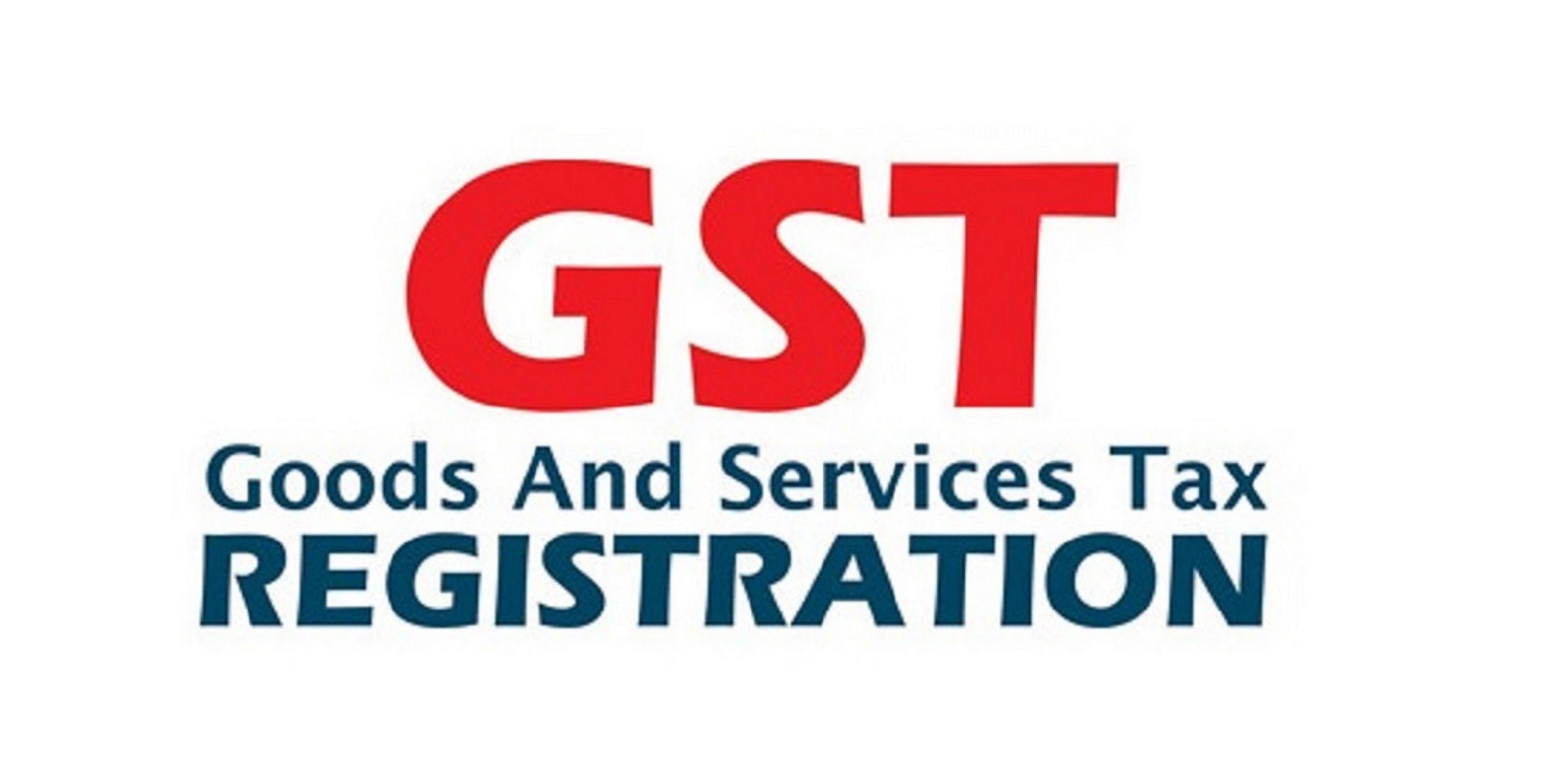Step-by-Step Refine for Singapore GST Registration Explained
Step-by-Step Refine for Singapore GST Registration Explained
Blog Article
The Ultimate Overview to Streamlining the GST Enrollment Refine and Demands for Small Organization Owners

Comprehending GST Fundamentals
To grasp the fundamentals of the Product and Solutions Tax (GST) system, tiny organization owners must initially recognize its underlying principles and implications. Under the GST routine, services are required to gather and sign up tax on part of the government, ensuring transparency and compliance.
One of the essential principles of GST is input tax obligation credit history, which permits organizations to assert credit history for taxes paid on their acquisitions. Recognizing these standard concepts is crucial for small company proprietors to browse the intricacies of the GST system and ensure compliance with the law.
Eligibility Criteria for Registration
Having developed a fundamental understanding of GST principles, small company owners should now meet particular eligibility requirements to proceed with the enrollment procedure. In India, entities involved in the supply of goods or services with an annual aggregate turnover going beyond Rs. 40 lakhs (Rs. 10 lakhs for unique group states) are needed to sign up for GST. Additionally, particular businesses such as those associated with inter-state supply of items, laid-back taxable persons, and those needed to pay tax under the reverse charge device need to register for GST irrespective of their turn over. Organizations that were registered under the previous tax routine (VAT, solution tax obligation, etc) are additionally mandated to register under GST. Agricultural businesses that just supply generate out of primary manufacturing are exempt from GST registration. It is vital for company owner to meticulously evaluate their qualification based on these requirements to ensure conformity with the law and prevent any type of penalties for non-compliance.
Papers Needed for GST Registration

Simplified Enrollment Process Actions
Adhering to the collection and verification of the requisite documents, the enrollment process for GST can be browsed through a collection of streamlined steps made to help with efficient conformity for local business owners. The initial step entails checking out the GST portal and picking the 'New Registration' alternative. Subsequently, the applicant must fill out Part A of the GST REG-01 kind with details such as PAN, mobile number, and e-mail address to acquire an OTP for confirmation. When the OTP is obtained and gone into, a Temporary Recommendation Number (TRN) is created for additional process. The next step calls for filling in Component B of the form with needed business details, posting supporting files, and finishing the confirmation process utilizing DSC go to this site or EVC. Upon successful verification, an Application Recommendation Number (ARN) is released, indicating the completion of the GST enrollment procedure. By following these simplified steps, local business proprietors can efficiently register for GST and make certain compliance with tax policies.
Tips for Ensuring Conformity
To preserve regulative adherence and operational honesty, attentive oversight and aggressive procedures are critical in guaranteeing compliance with GST needs for local business proprietors. Local business owners must remain upgraded with GST policies, filing target dates, and any type of changes in tax obligation rates to stay clear of penalties and maintain an excellent standing with tax authorities. One important tip go to this website for conformity is to keep detailed and exact records of all purchases, including invoices, invoices, and expenditures associated with GST. Frequently fixing up monetary documents with GST returns can help in recognizing and remedying any discrepancies immediately. Additionally, carrying out routine internal audits or looking for specialist support can make sure that the business is adhering to all GST guidelines appropriately. It is also vital for small company proprietors to spend in GST-compliant accounting software application that can streamline the tax declaring procedure and minimize errors. Finally, participating in GST recognition workshops or training programs can enhance understanding and conformity with GST policies, eventually profiting business in the future.
Final Thought
Finally, small company proprietors need to comprehend the fundamentals of GST, meet the qualification requirements, gather needed papers, and comply with the simplified enrollment process actions to make certain conformity. By simplifying the GST enrollment procedure and requirements, small company owners can avoid charges and operate their organizations smoothly within the lawful structure - Singapore GST Registration. It is critical for tiny service owners to remain certified and enlightened with GST laws to maintain an effective organization procedure
Small organization proprietors seeking GST registration must guarantee they collect and submit the essential files to complete the registration procedure efficiently. The records required for GST enrollment usually consist of proof of organization registration or unification, PAN (Irreversible Account Number) card of the business entity, identification and address evidence of see this site the promoters/partners/directors, photographs, address proof of the location of business, bank account declarations or terminated cheques, and authorization types. Participating in GST understanding workshops or training programs can boost understanding and compliance with GST policies, inevitably profiting the business in the long run.
By streamlining the GST enrollment process and requirements, little business owners can prevent fines and run their companies smoothly within the legal structure. It is essential for small organization proprietors to remain compliant and informed with GST regulations to maintain a successful company procedure.
Report this page